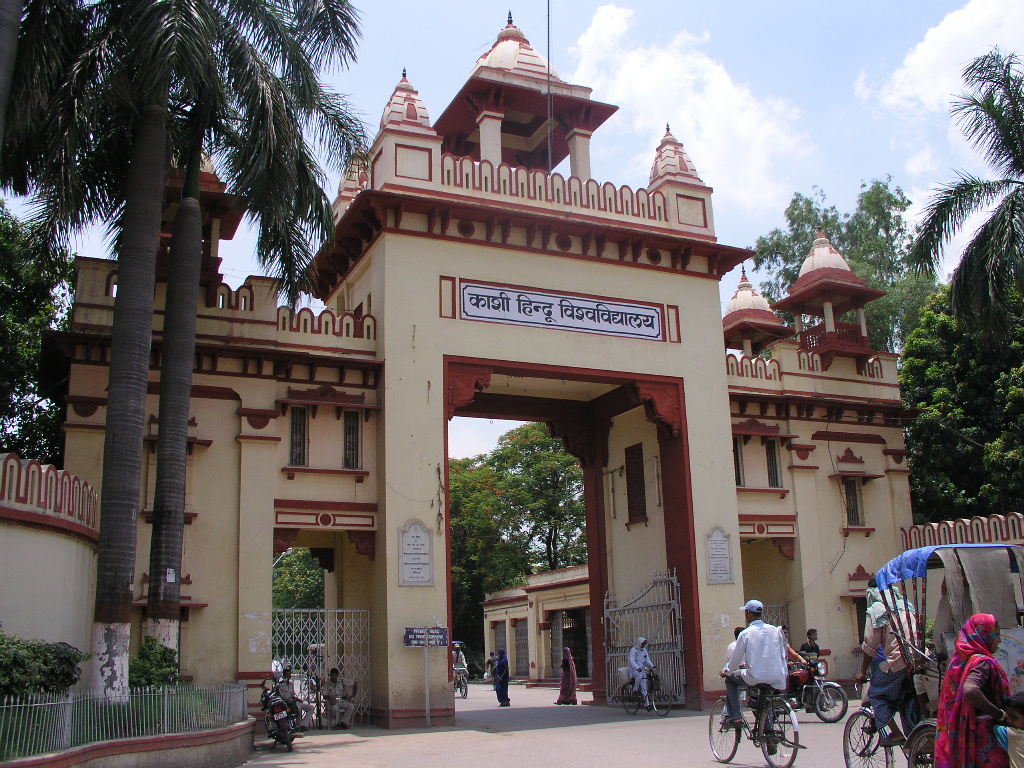 Source:Hindustan Times:Sat,03 Apr 2010
Source:Hindustan Times:Sat,03 Apr 2010
Amidst the euphoria of the IPL competing strongly with the weepy prime time serials, the hysterical media has almost ignored a very significant move towards forcing our sports federations to become accountable and transparent in their functioning, especially in matters financial.
Sports Minister MS Gill needs to be complimented for bringing all the federations into the ambit of the Right To Information (RTI) Act, which in turn means the public will now have the right to know how and where the money given to them by the government (tax-payer) goes.
Is the money being spent for the purpose it is meant for or does most of it get siphoned off, as is alleged by many?
However, the sports body which generates enormous revenues and profits that could be the envy of any rich corporate body, unfortunately, does not fall under the gambit of this Act.
The reason for the exepmtion presumably being it is a private body which does not take a single pie from the government and hence cannot come under government or public scrutiny.
This is a false presumption, if one goes by the 2004 High Court ruling in the PIL filed against the Board by Rahul Mehra, a lawyer by profession, but an inveterate sports fan by nature. By admitting the PIL, the Court had in its judgment clearly said that the BCCI may be a private body, but it performs a public function and therefore comes under Article 226 of the Constitution (public scrutiny).
The BCCI, which for reasons beyond comprehension, is loathe to subject itself to public scrutiny (unless it has something to hide) shields itself behind the argument that it is a private body and cannot be questioned by the state.
BCCI conveniently forgets that not only does it get tax benefits, it also gets other largesse from the state, like stadias at throwaway rates and, most importantly, is allowed to use the name India for the team which represents it. It gets these concessions because it is deemed a charitable organisation which performs a public function.
Ever since the economic liberalisation in the nineties coincided with private television channels being allowed to enter the Indian market, the BCCI has been getting richer by the day.
Without doubt this has had a huge positive effect on the game with greater funding at the grass root level and the players themselves reaping the enormous benefits of the economic boom, fuelled by the multiplying popularity of the game in the country.
Post IPL, the money which the Board is handling has gone into billions of dollars and, as the custodian of the game whose main stakeholders are its fans, shouldn’t it be mandatory for them to come under greater public scrutiny?
By their own admission, all the members of the board and its office-bearers are performing an honorary job and take no salaries for services they render.
The Indian public should salute them for this selfless attitude, which presumably stems from their great “love” for the game. If that be the case then what stops them from willingly coming under the RTI Act, even if the government for some legal reasons is “unable” to do so.
They should remember that the money, which is coming into their coffers is because of the millions of die-hard fans who support the game and spend their money, time and energy in cheering their team and their players.
The reason fans support the Board is because they believe it is “building” India and not “selling” brand India to the highest bidder. That is why it is important that the Board’s accounts should come under public scrutiny.





